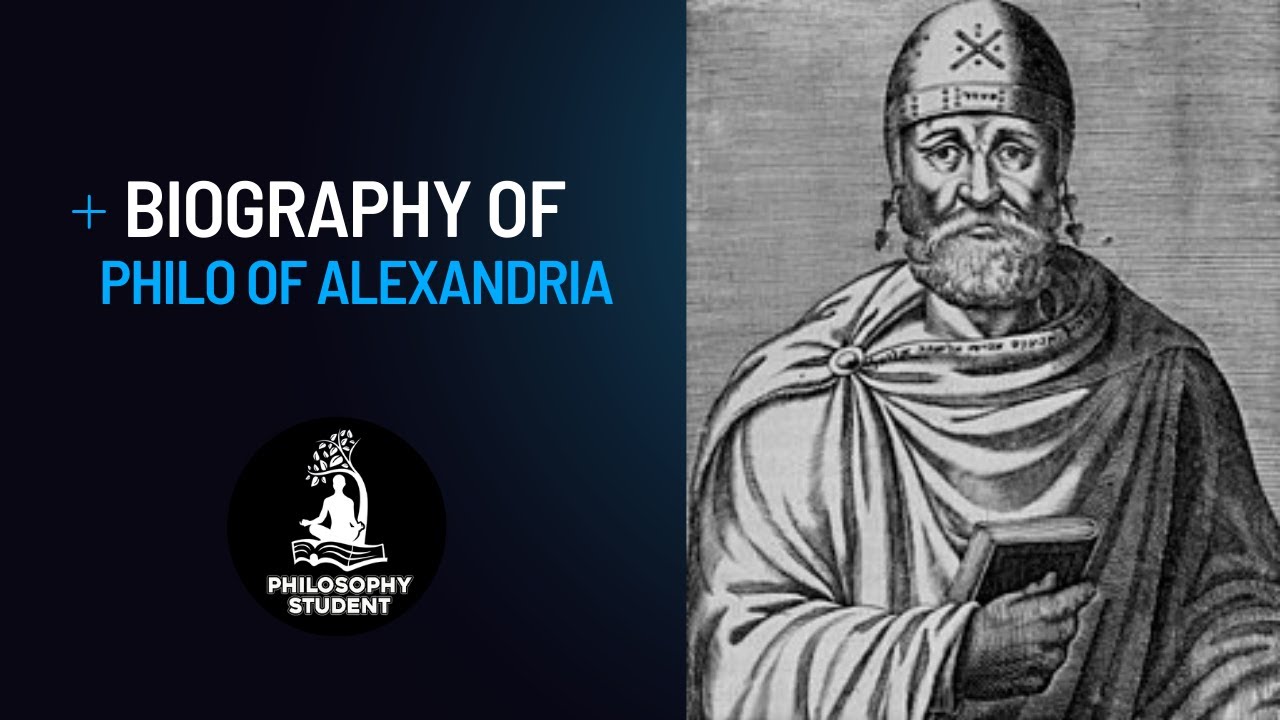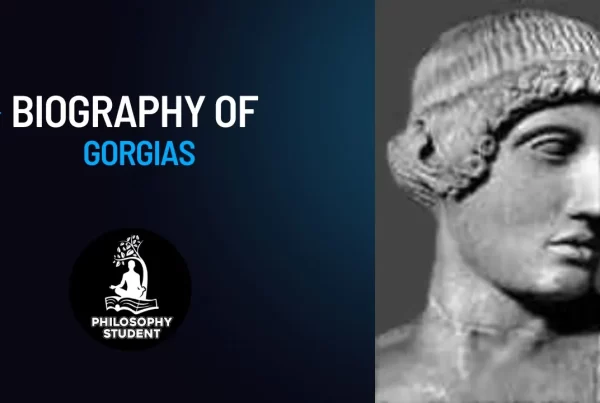Philo of Alexandria was a Hellenized Jew, also known as Judaeus Philo, who used philosophical allegory to harmonize the Torah with Greek philosophy. More specifically, he applied Stoic philosophy to traditional Jewish scriptural exegesis. This work subsequently influenced several fathers of the Christian Church, and it is possible that Philo’s concept of Logos, as God’s creative principle, was directly absorbed into early Christian theology
Philo was probably born about 20 BC in Alexandria, Egypt, which was at the time part of the Roman Empire. His familial heritage was noble. He is known to have visited the Second Temple at least once and was a contemporary of Jesus. Philo’s education combined Roman and Hellenistic traditions with some aspects of ancient Egyptian culture and, importantly, the traditions of Judaism. His death date is uncertain other than it must have occurred after A.D. 41.
Philo lived in an age of active Jewish-Hellenistic syncretism, and he dedicated himself to synthesizing Plato and Moses into a single, unified philosophical system. In this, he was guided by Aristotelianism and Stoicism as well as by mostly traditional Jewish theology. His starting place was always the Torah, which he took as the baseline of religious truth as well as truth in general. He held that the Greek philosophers borrowed from the Bible, and he interpreted scripture allegorically to support this contention. As he saw it, the characters in Scripture symbolize aspects of the human being, and biblical stories are illustrative of the human experience.
His concept of God is as a transcendent non-anthropomorphic entity without physical features or emotional qualities. God exists beyond time and space and makes no special interventions into the world. God’s existence alone is certain and is without predicate. Like Plato, Philo sees matter as transitory and illusory, with reality inhering in the ideal. Humankind consists of mind/spirit and a soul within a body. God created and governs the world via mediators, among which Logos is next to God, functioning as the demiurge of the world. Logos is, in effect, the firstborn son of God and functions as the mind of the Eternal. Logos is an entity neither created nor uncreated and thus occupies a middle position between God and Man. The power of Logos flows from God and is not autonomous.
Philo is credited as the first philosopher to identify Plato’s “Ideas” with the Creator’s thoughts, which are the content of Logos. Logos is an advocate for humanity as well as God’s liaison with world. Logos orders the human mind, providing right reason, which is the infallible source of law.




































